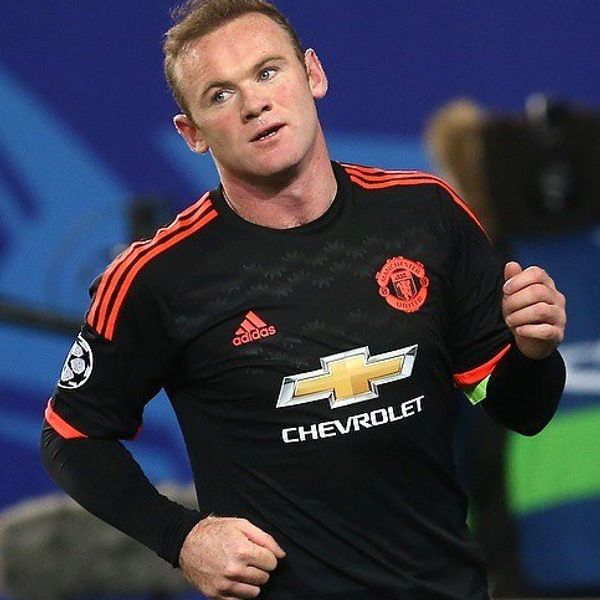Many activities such as chess, polo and even golf have been questioned as legitimate sports. According to the international Olympic committee, chess, polo and golf all fall under the category of sports but it seems that golf has been the only sport played at the Olympics of these three. Activision, one of the world's leading gaming companies known for titles such as "Call of Duty," "Destiny" and "Guitar Hero," is now attempting to create an official ESPN segment called Major League Gaming. This has led to the debate on whether or not video games are a legitimate sport and if Activision’s endeavor to create MLG will create a surge in profits and popularity or a crash in failure.
To determine whether or not an activity can be considered a sport requires a close inspection of the definition. According to the Oxford Dictionary, a sport is “an activity involving physical exertion and skill in which an individual or team competes against another or others for entertainment." Even though video games easily fall under a category of skills being used and involving one or more players, clearly it misses the physical exertion part of the description. Unless you count moving fingers as physical exertion, games do not fall under this definition of sport. Nevertheless, this is only one of many definitions for the word "sport." There are many variants to the definition that will play a huge role in determining if in fact video games should be considered sports on a national level.
Regardless of video games being considered a sport or not, Activision’s business venture of one day making such genres of gaming like first person shooters (FPS), strategy games and mass multiplayer online games (MMO) into an ESPN segment for professional video games will not be an easy task. However, in the past decade, many games have created huge competitions in which the winning team or player gains prize money that can add up to millions. For instance, the popular MMO strategy game "League of Legends" has given away $1 million in prize money to last year’s champions in the National League of Legends tournament. Thus, Activision is investing $40 million towards the endorsement and creation of major league gaming on ESPN. Can video game popularity from audiences going to tournaments and tuning in from websites such as YouTube be re-created on TV? Only time will tell.
Video games being considered a sport seems difficult to believe but widespread popularity of the genre may change the public’s perception, especially with Activision’s creation of Major League Gaming. In order for MLG to become a national sensation, Activision is going to have to reach an audience other than the spectrum of young players who have created the initial market for professional gamers.
Let's take into consideration the fact that as of right now, only young people are truly invested in watching or participating in professional gaming but as that generation gets older and as the professional gaming scene develops, it is completely possible for professional gaming to adhere the original aging audience as well as the next generation. Thus, there may be a pretty solid foundation for professional gaming to have a place in our world of sports!




















